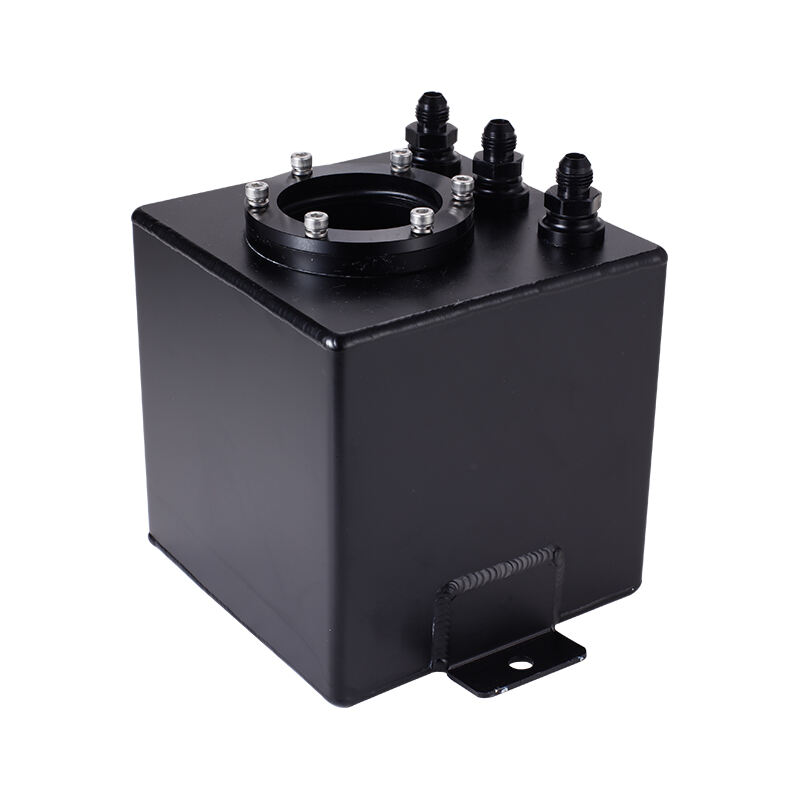
Fuel tanks are to be well managed and maintained so that its life is extended and its usage does not pose any danger. If maintenance is not followed, it can cause leaks, contamination, and armed hazards to the environment. The purpose of this article is to examine the need for maintenance of the fuel tanks and the various fuel tank maintenance practices that should be adopted to maintain the condition of the fuel storage systems.
The Importance of Maintenance
Avoiding Leaks
Most severe leaks can be avoided through regular checks, as potential leaks can be identified beforehand. Loooses not only leads to wasting fuel, but they can also lead to environmental pollution. Common sense dictates that timely effort in maintenance can prove to be cost effective and avoid greater costs for recouping contamination.
And Quality of Fuel is Essential
Fuel has a certain life, and with time its quality would deteriorate. Having a clean tank allows the people to know that the fuel will be usable. It is recommended that thorough cleaning and adequate filtration be done so that problems associated with the performance of the engine are avoided.
Laws Must be Followed
There are laws in effect nowadays that are concerned with the maintenance of the fuel tanks. Such checks carried out in the course of business and recorded can greatly assist in showing proof of compliance and avoiding risk of penalties and fines.
Ways of Maintenance
Regular Checks: It is essential to carry out periodical checks that would outline any abnormalities such as wear and tear, corrosion and leaks among others.
Cleaning: Tanks’ interiors should be cleaned more often, especially those subjected to frequent use, to deter the deposition of gas and other foreign bodies within the tank that may cause contamination.
Testing for Integrity: It is necessary to perform other checks of integrity or pressure tests appropriate to the type of tank employed to ascertain conclusively that the tank is in good condition and functioning well.
Fuel storage systems work hard, so they need regular inspection and maintenance which is important for performance, compliance, and safety as well. Best practices and regular monitoring can help you avoid costly repairs and avert equipment failure in the long run.